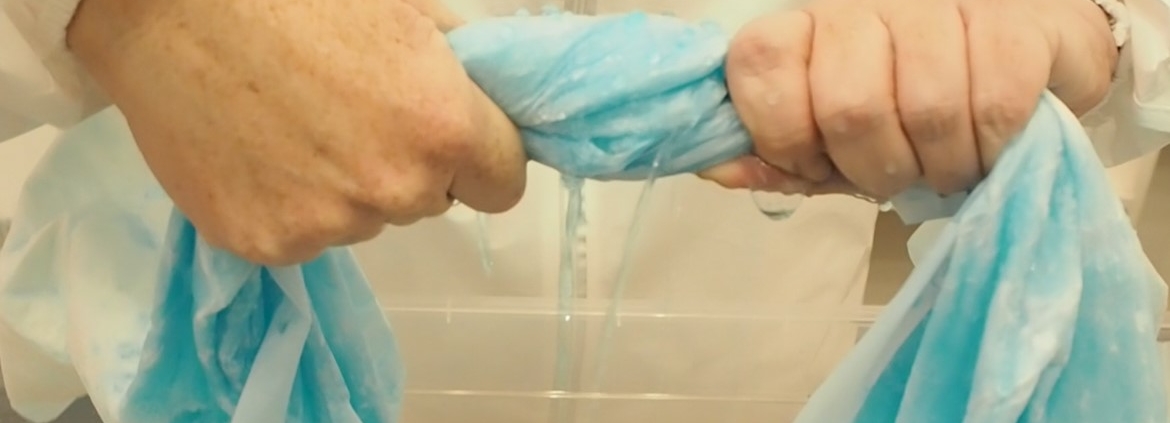Are inco pads increasing operating theatre costs and waste?
Hospitals that are concerned about operating theatre costs sometimes use inco pads or incontinence pads to absorb spills on operating theatre floors.
These pads do not offer a particularly high level of absorbency and are prone to dripping when lifted for disposal.
However, they are sometimes seen as a much more cost-effective alternative to absorbent mats that are specifically designed for this purpose.
So, we thought that we would take a look at our superabsorbent T-Mat, to see how it compares like for like with a standard inco pad that is currently on the market.
Busting the myth of cheaper inco pads
We took one of our T-Mats, which measures 72cm x 36cm and absorbs up to 8.5 litres of fluid and compared it with an inco pad of a similar size – 75cm x 57cm -which absorbs 0.67 litres of fluid.
In terms of per-mat cost, the inco pad is the clear winner, with a single T-Mat costing six times more than a single inco pad.
However, you would need to use around 13 inco pads to get a similar level of fluid collection as a single T-Mat.
This means that you would have to spend more than twice the amount on inco pads as you would on T-Mats to get the same amount of fluid absorbency on your operating theatre floor.
Reducing theatre consumable waste
The NHS Carbon Footprint Plus includes a commitment to reduce greenhouse gas emissions from supplier products, as outlined in Scope 3 of The Greenhouse Gas Protocol.
So as the NHS moves towards Net Zero, the need to reduce greenhouse gas emissions generated from the manufacturing, shipping and disposal of theatre consumables becomes more pressing.
Consuming 13 times as many absorbent pads by choosing inco pads over a superabsorbent mat such as the T-Mat will clearly lead to a much larger carbon footprint, which now goes against the ethos and objectives of NHS environmental policy.
Other drawbacks of inco pad use
As well as costing you more overall, the use of inco pads in hospital operating theatres can also create particular risks.
Unlike our superabsorbent T-Mat, they are not able to lock in fluid and turn it to gel for easy non-drip disposal.
A dripping inco pad being lifted up for disposal in clinical waste not only risks cross-contamination but also creates slip hazards in the operating theatre.
What’s more, there is greater likelihood of drips and pools of fluid on the theatre floor after the operation, slowing down theatre turnaround time whilst the floor is being mopped and dried.
Trial it for yourself to see a reduction in operating theatre costs
If you are currently using inco pads in your operating theatres and would like to trial the T-Mats to see how they compare, you can get some free samples and see the results for yourself.
Just email the product sales team at Cairn Technology at info@cairntechnology.com or call us on 0333 015 4345.
For other ways that we can help reduce your operating theatre costs with reusable surgical instruments click here.



